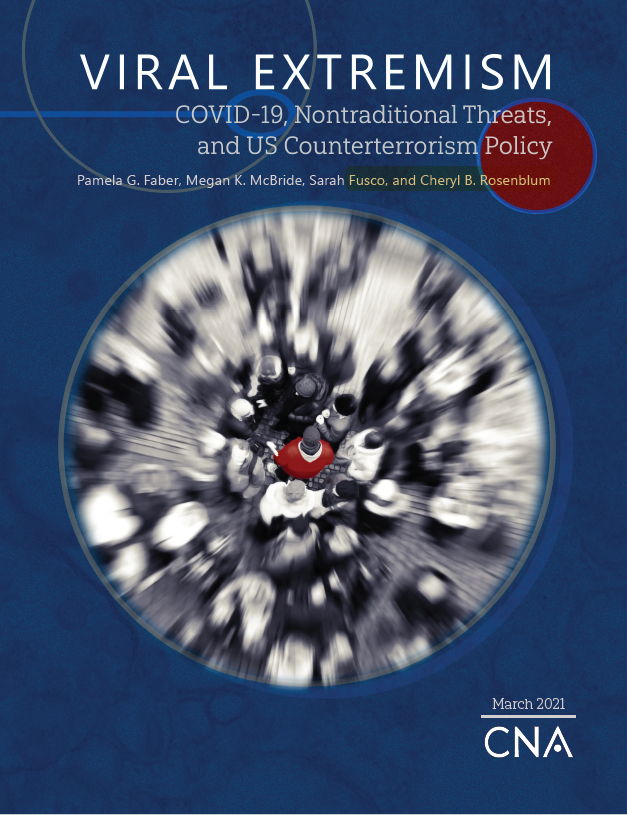COVID-19 IMPACTS ON VIOLENT EXTREMIST ORGANIZATIONS (VEOS) AND COUNTERTERRORISM (CT) OPERATIONS
The unfolding COVID-19 pandemic has shed light on the wide-ranging disruption that nontraditional threats such as pandemics can have on the US economy, military, diplomatic corps, and national security apparatus. The US, its partners, and its competitors have tried to curb the spread of the virus by closing schools, workplaces, social gathering spots, and borders. Militaries have scaled back operations, postponed exercises, and curtailed engagements. Economic futures remain uncertain. Low‑income workers in industrialized countries have been disproportionately affected by rolling shutdowns and stay-at-home orders, and wealth inequality is increasing.
Social interactions, such as religious gatherings, family celebrations, athletic activities, and concerts have been forced online or suspended. For many, extended periods of isolation and loneliness are a hidden side effect of the virus, with experts predicting a mental health crisis to come. Although the vaccine rollout is underway in many parts of the world, it will be many more months—possibly years—before the entire global population is vaccinated and a return to “normal” becomes possible.
The pandemic, moreover, has affected both violent extremist organization (VEO) operations and US capacity to conduct counterterrorism (CT) intelligence gathering, analysis, and activities. It has increased global instability—political, economic, and social—which will almost certainly benefit terrorist and extremist groups. Jihadi movements such as ISIS and far-right groups such as the Russian Imperial Movement thrive in environments of uncertainty and chaos. COVID-19 has contributed to instability and expanded opportunities for VEOs to recruit and operate.
Accordingly, there has been an observable uptick in VEO activity in places such as sub-Saharan Africa, West Africa, Iraq, and Syria; in addition, movements such as ISIS and Jama’at Nasr al-Islam wal Muslimin (JNIM) have adjusted their rhetoric by claiming that the virus is divine punishment for unbelievers. In the US, citizen frustration with COVID-19 mitigation efforts drove (thwarted) attacks against public officials in New Mexico, a hospital in Missouri, and police headquarters in Orlando, Florida, and extremists have also encouraged followers to disrupt National Guard activities. In addition to COVID-related violence in the US, rising political unrest, including the January 6, 2021, storming of the US Capitol, has drawn attention to domestic security issues.
Download reportApproved for public release: Unlimited distribution
Details
- Pages: 26
- Document Number: IOP-2021-U-029346-Final
- Publication Date: 3/22/2021
